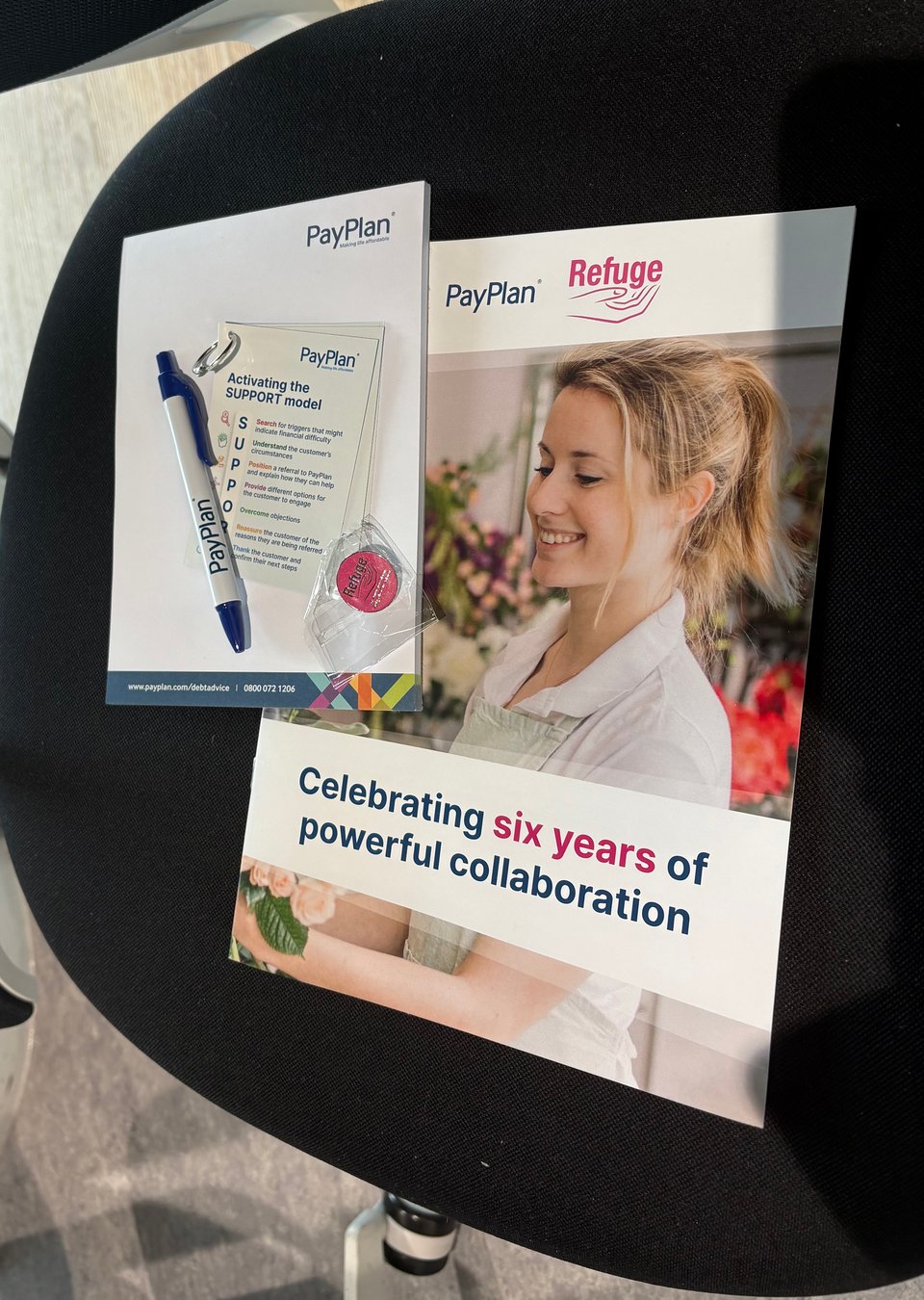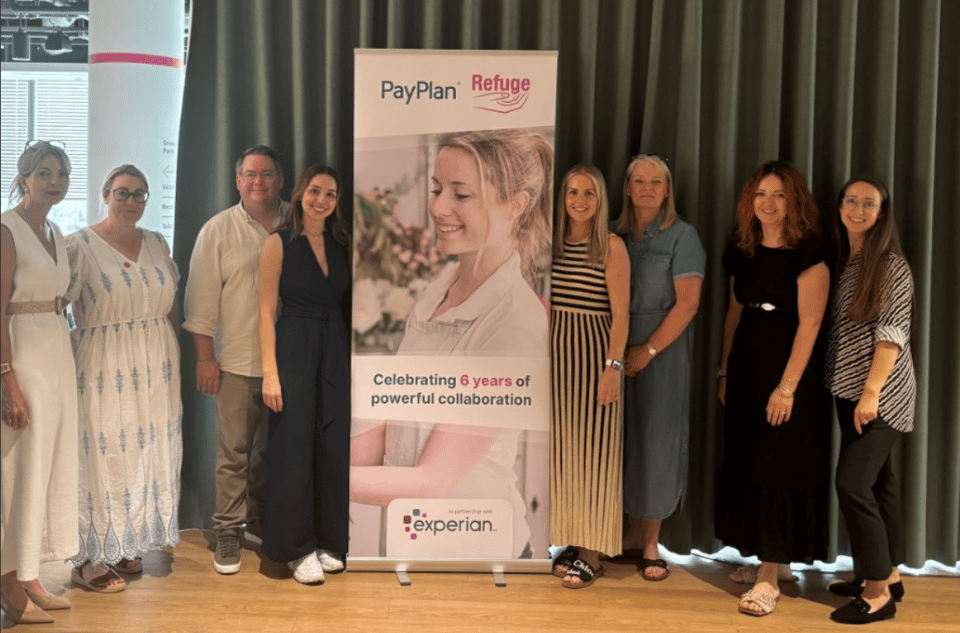Refuge's Tech Safety Newsletter July 2025
Remembering Shafilea Ahmed and Other Victims/Survivors of Honour-Based Abuse
The National Day of Memory for Victims of Honour Killings takes place on July 14th each year, but remembrance alone is not enough. We must challenge the ongoing reality of honour-based abuse (HBA). HBA is violence predominantly perpetrated against women deemed to have brought “shame” and “dishonour” upon their family for reasons usually involving their “unaccepted behaviour” in self-made culture and self-made religion.
Some of the behaviours viewed as ‘dishonourable’ or deemed to bring ‘shame’ to the individual, their family and their community include:
• Defying parental authority.
• ‘Westernised’ dress, behaviour or attitudes.
• Sex before marriage or extra-marital affairs.
• Being in a relationship that hasn’t been ‘approved’.
• Rejecting a forced or arranged marriage.
• Leaving a partner and seeking divorce, particularly when a dowry may be large.
• Rumours and gossip
• Simply asserting independence.
• Being employed or owning a business, keeping your own salary or engaging in education.
• Claiming/asking rights to property and child maintenance.
Definition of HBA
There is currently no statutory definition of HBA in England and Wales. A common definition has been adopted across government and criminal justice agencies: ‘A crime or incident which has or may have been, committed to protect or defend the honour of the family and/or community.’
We know that this should be legally defined and recognised as type of abuse and violence. At Refuge, we are developing training packages around HBA and forced marriage for front-line staff to support them to recognise this form of abuse and ensure that victims and survivors get appropriate support.
There is often more than one perpetrator in cases of HBA, and abuse can come from both the UK and abroad. Victims can be any age, they may be single, divorced, widowed, or single mothers. Often, their children also become victims of this coercive control and harmful practice.
It is also important to understand and highlight that some perpetrators will misuse religion to control and restrict women’s rights. They will fabricate their own version and use radical false interpretations to inflict abuse on survivors. The males in the house will then take on the responsibility of leading awareness-raising efforts on what to look out for if “shame” is brought upon the family.
Honour-based abuse is not a "private family or community matter", it is of public concern and a human rights violation. It can end in murder, and before it ends in tragedy, it often starts with control, surveillance, isolation, shame, and fear. Technology has made it easier for perpetrators to intensify and carry out these harmful practices.
Technology-Facilitated Abuse and HBA
Social media plays a large role in spreading and perpetuating misogynistic behaviours linked to HBA. The technology-Facilitated Abuse & Economic Empowerment Team has specialist staff who support survivors of HBA who are also experiencing tech and economic abuse. The team led the two-year tech partnership project with national by and for agencies that are working and advocating for victims/survivors of HBA. These partnerships have strengthened our service commitment to incorporate strategies that address these forms of abuse. Technology should offer safety, but it is increasingly used as a weapon by perpetrators of domestic abuse and HBA. Some of the challenges identified were:
• Online blackmail: Threats to expose private information or images to family or community.• Social media: Used to harass, monitor, or shame survivors.• Digital surveillance: Tracking locations, reading messages, or controlling online activity.• Dating and marriage apps: Profiles created without consent, used to force matches or rush women into unwanted marriages.
One survivor had her photos uploaded to a matchmaking site without her consent. She was then forced into marrying a man she had never met. When she resisted, she faced intense pressure from multiple family members and threats of serious harm. Fearing for her safety, she had to flee her home, leaving behind her community, and all forms of support. Saying no wasn’t just difficult, but it put her life at serious risk.
Certain circumstances can increase the risk of HBA, technology-facilitated abuse and economic abuse. The team found that migrant victims/survivors were more at risk of economic dependence and financial control, and this is another powerful tool used in HBA.
• Women with insecure immigration status may be threatened with deportation if they leave.
• Women in closed or conservative communities being monitored and judged.
• Young girls and children controlled through marriage or restricted behaviour.
Perpetrators of HBA use many different techniques to isolate and restrict victim/survivors’ behaviour.
For example -
• Withholding phones and other devices or limiting their access.
• Restricting a survivor’s ability to communicate with friends and their support network.
• Withholding or destroying immigration documents and ID.
• Survivors are denied access to bank accounts.
• Survivors are left unable to establish financial independence.
• Survivors of HBA may be forced into coerced debts or blocked from working.
• Some survivors do not even know they can open an account in their name.
It is harder for survivors of HBA to leave if they have no money, no access to their ID or documents, and when fearing deportation. These factors mean that women are trapped and imprisoned by perpetrators.
What Can You Do as a Domestic Abuse Practitioner or Service?
• Educate yourself and others by knowing the signs of HBA, technology-facilitated abuse, and economic abuse.
• Training staff around how tech and economic abuse impact survivors of HBA.
• Believe survivors by not downplaying online abuse.
• Support organisations that help survivors of HBA break free safely.
• Hold perpetrators accountable in both online and offline spaces.
• Making resources accessible and inclusive
• Promoting EDI & cultural competence within services.
July is more than a month of memory. It is a reminder that the methods of violence against women and girls, whether physical, digital, economic, or harmful cultural practices must be exposed, challenged, and eradicated.
Will you be part of the change?
Celebrating Six Years of Powerful Collaboration with Refuge and PayPlan
On 1st July 2025 Refuge and PayPlan launched our new report – Celebrating six years of Powerful Collaboration
We marked the occasion with a wonderful event hosted by Experian in London.


Back in 2019, Refuge and PayPlan came together in response to a deeply concerning trend – growing numbers of survivors of domestic abuse were facing significant financial hardship, including complex challenges related to debt.
Economic abuse is one of the most insidious forms of control. It rarely happens in isolation and is often a part of a pattern of wider domestic abuse which can have devastating consequences for survivors and their children. It can lead to mounting debts, restricted access to financial resources, and can shatter a survivor’s autonomy and damage their credit scores. These financial barriers make it incredibly difficult for survivors to move forward, rebuild their lives, and escape abuse safely and permanently.
Over the last 6 years, our partnership with PayPlan has achieved so much, alongside supporting many survivors we have learned, grown and adapted in response to what survivors have informed us they need from both our organisations. We have seen the clear benefits of ongoing, personalised support, where tech safety is prioritised every step of the way, and how this can influence a survivor’s journey to safety and financial independence.
This report shines a light on the importance of breaking down the stigma around seeking help. It addresses the complex intersection between domestic abuse and financial hardship.
It underlines the urgent need for:
- Services to provide safe and accessible platforms for disclosure of domestic and economic abuse,
- Processes and responses that are trauma-informed, survivor focused and flexible, and able to mitigate the risks of technology-facilitated abuse,
- Investment in ongoing, specialist training to ensure we are all equipped to meet the changing and complex needs of survivors.
Because no survivor should have to choose between abuse and destitution.
To find out more about our partnership or get involved please email:
domesticabusesupport@payplan.com
techabusetraining@refuge.org.uk